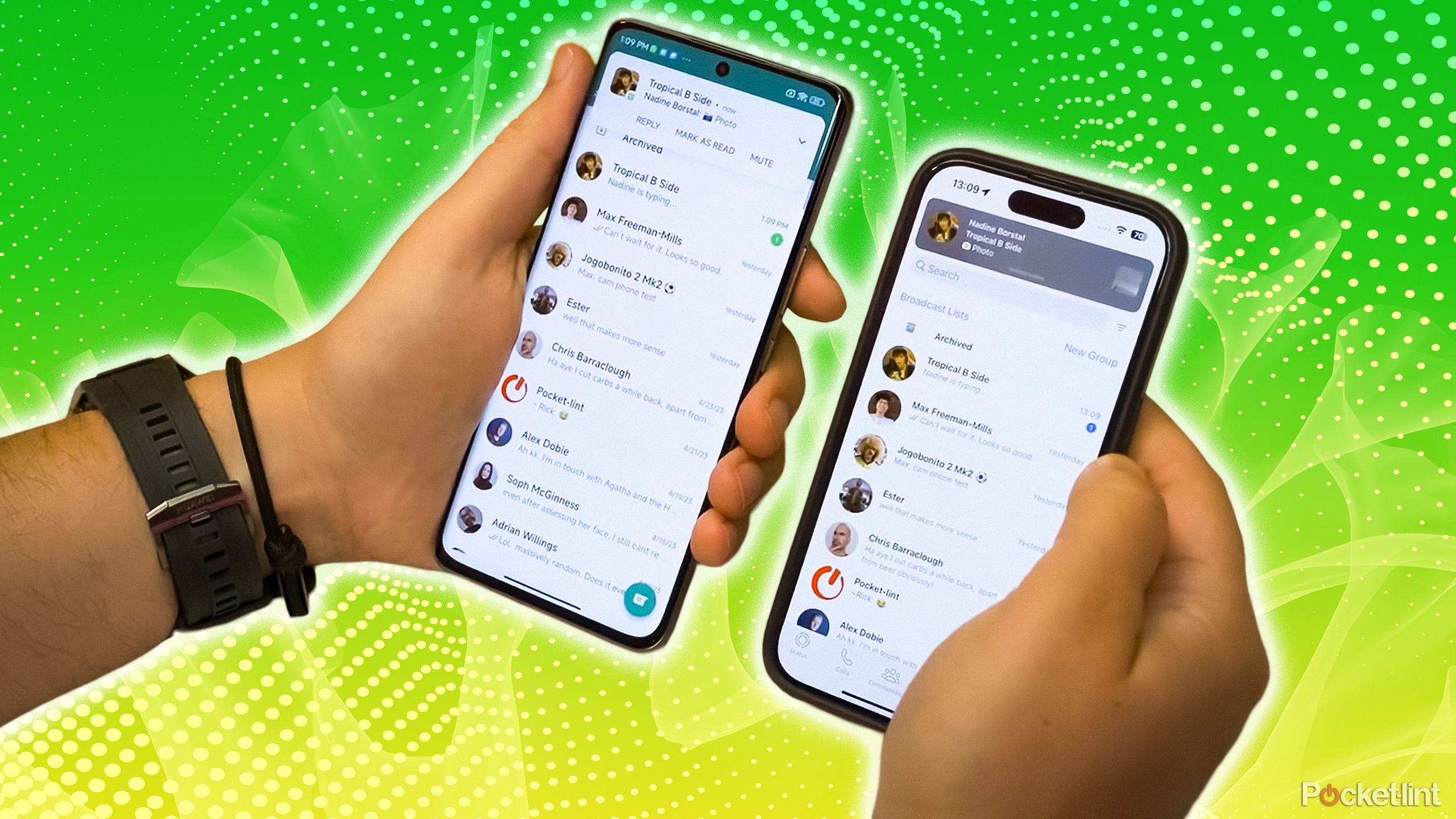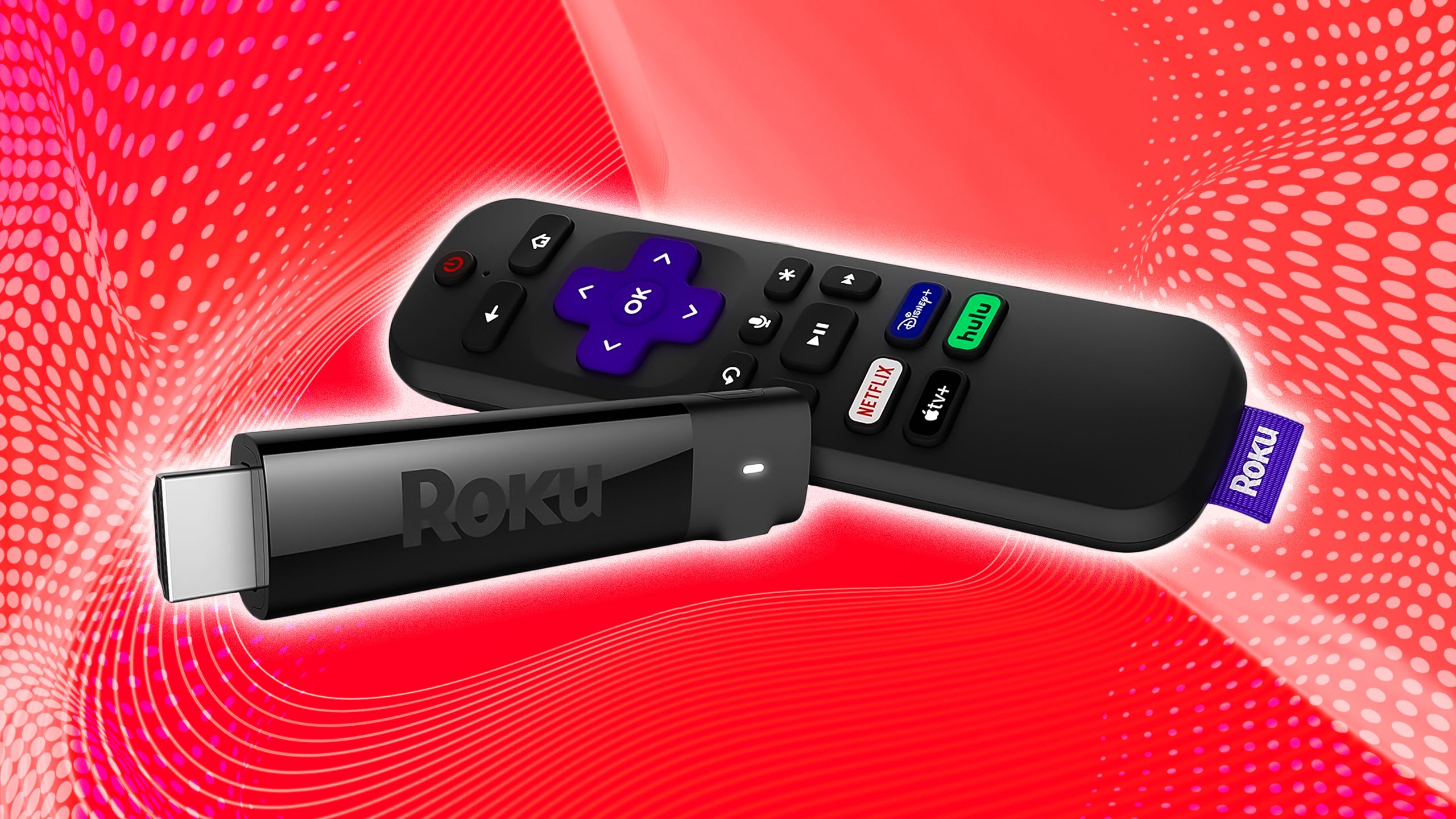Apple would like to remind you that it still thinks Samsung copied the iPhone
Some wounds never heal. Just ask Apple, the new champion of grudge holders.
As we were all celebrating the 15-year anniversary of the original iPhone, Apple took a moment during a rather extensive and fascinating interview with The Wall Street Journal’s Joanna Stern to once again call out rival Samsung for allegedly copying iPhone technology.
Apple’s current head of Marketing Greg Joswiak, an amiable guy whom I’ve had many pleasant and sometimes pointed conversations with, is one of the featured players in Stern’s video, which cleverly details the history of the iPhone through the eyes of someone who was born on the same day.
However, when she asks Joswiak about the rise of the big-screen Android phone and Samsung’s part in it, Joswiak’s smile fades and he calls it “annoying.”
Okay, I get that. Apple was on top of the world with an industry-changing device that came in exactly one flavor. There were no Pros or Maxes or screen-size variants. You got 3.5-inches and that was the end of it. Then Samsung arrives with devices like the Galaxy Nexus and Galaxy S4, all with screens at least an inch larger. Worse yet, their designs and icon-based home screens were a little too familiar-looking.
Yeah, I guess I’d be annoyed, too.
But Joswiak isn’t done. “They were annoying because, as you know, they ripped off our technology.” Oh, wow. So, we’re going there. Warming up to the topic, Joswiak continues, “They took the innovations that we had created and created a poor copy of it and just put a bigger screen around it. Yeah, so we were not too pleased.”
Huh. It’s like the wounds are still fresh, even though they’re not, even from a litigation standpoint.
Apple vs. Samsung
Back in 2011, Apple sued Samsung for patent infringement, claiming Samsung copied the look and feel of its iPhone 3GS. Samsung would later countersue, claiming Apple was copying them.
The legal battles raged for years and cost – mostly Samsung – millions of dollars until the two parties quietly settled in 2018.
Yet, here is Joswiak, ripping open that old wound as if the companies are not still partners.
That’s right, for as many pieces of technology as Apple seeks to build itself (including, now, Apple Silicon), it’s still relying on component manufacturers for various iPhone parts and technologies. In recent years, Qualcomm (another frenemy) and Broadcom have supplied wireless chips and Samsung is often the go-to supplier for the OLED displays on most modern iPhones.
Granted, Apple insists on bespoke components from many of its partners, meaning that whatever, say, Samsung might build for its own phones and other companies, Apple probably asks it to make numerous adjustments to satisfy its own rigorous requirements.
Even if Apple and Samsung were never partners, Joswiak’s fresh enmity is striking. It’s as if he isn’t aware that the entire handset industry is inexorably sliding to the middle. All smartphones look alike and even if Samsung hadn’t allegedly “copied” some of Apple’s design and functionality elements, there was a clear path forward for all smartphones:
Bigger screensBiometric securityThinner bodiesLonger battery lifeApps and on-screen app managementBetter and more cameras
Imitation is the sincerest form of flattery, it’s also how development works. Unless you are inventing something no one has ever seen before, your product and design will inevitably be built on the backs of what’s come before.
Naturally, Samsung (and other third-party Android smartphone designers Apple also eventually sued) all saw the seemingly ubiquitous iPhone and used them for a time. They had to understand that phenomenon. Even if they didn’t do teardowns and reverse engineering (many probably did), they’d be influenced by the iPhone all the same.
One might argue that the creation of another platform option and some aspirational design decisions made by Samsung (like bigger screens) actually helped Apple by leading them to expand the iPhone options from one model to today’s five choices (iPhone 13, iPhone 13 Pro, iPhone 13 Pro Max, iPhone 13 mini, iPhone SE (2022)).
Usually, when you ask a tech executive about the competition, even from a historical perspective, they demur and talk about how competition led to growth and innovation for them.
Joswiak, though, made it clear that Apple is still annoyed.
Upon reflection, though, maybe this isn’t a bad thing. It means Apple is as hungry as a young company. It can still feel the slights from the early days and uses them as fuel to drive new innovation.
Perhaps it’s even a sign that Apple is preparing to, after all these years, strike back at Samsung where it hurts the most – in the marketplace. And what better way to do that than with Apple’s first folding iPhone. Imagine how Samsung will feel when that arrives.
I’d guess, “annoyed.”





